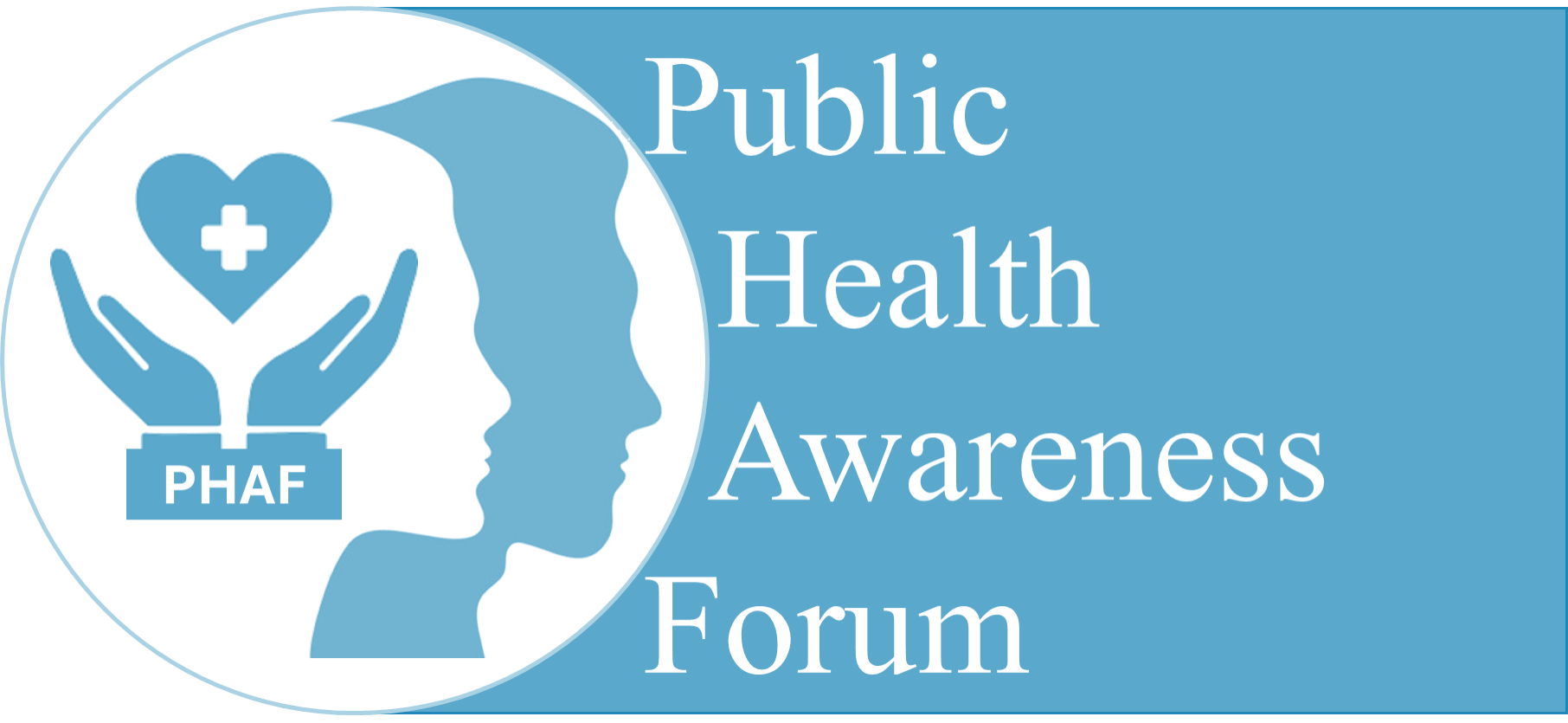Pregnancy is a time of great excitement and anticipation, but it is also a period filled with myths and misconceptions. These myths can create confusion and anxiety for expectant parents. In this article, we will debunk common pregnancy myths, providing evidence-based information to help clear up misconceptions and support a healthy pregnancy.
1. Myth: You?re Eating for Two
One of the most enduring pregnancy myths is the idea that pregnant women need to “eat for two.” While it’s true that a pregnant woman needs additional calories, it is not as simple as doubling your food intake.
The Facts
According to the American College of Obstetricians and Gynecologists (ACOG), the average pregnant woman only needs about 300 extra calories per day during the second and third trimesters. This translates to a modest increase in food intake, not a doubling. The focus should be on the quality of the diet, rather than the quantity. Consuming a balanced diet rich in essential nutrients such as folic acid, iron, and calcium is more important than simply increasing caloric intake. Overeating can lead to excessive weight gain, which can pose risks such as gestational diabetes and preeclampsia.
2. Myth: You Should Avoid All Exercise
Another common myth is that pregnant women should avoid all forms of exercise to prevent harm to the baby. This misconception can lead to unnecessary sedentary behavior during pregnancy.
The Facts
Exercise is generally safe and beneficial during pregnancy for most women. The Centers for Disease Control and Prevention (CDC) recommend that pregnant women engage in moderate-intensity exercise, such as brisk walking or swimming, for at least 150 minutes per week. Regular physical activity can help manage weight, reduce the risk of gestational diabetes, and improve mood. However, certain activities should be avoided or modified based on individual circumstances. Consult your healthcare provider for personalized recommendations and guidelines to ensure that your exercise routine is safe and appropriate for your stage of pregnancy.
3. Myth: You Can Determine the Baby?s Gender by the Shape of Your Belly
There is a popular belief that the shape of a pregnant woman?s belly can indicate the gender of the baby. Some say a round belly means a girl, while a more protruding belly suggests a boy.
The Facts
There is no scientific basis for determining a baby?s gender based on the shape of the mother?s belly. The shape and size of the belly are influenced by various factors, including the baby?s position, the mother?s body type, and the amount of amniotic fluid. The only reliable methods for determining the baby?s gender are ultrasound and genetic testing.
4. Myth: You Shouldn?t Travel During Pregnancy
Many people believe that traveling during pregnancy is risky and should be avoided, especially in the later stages. This myth can lead to unnecessary restrictions on travel plans.
The Facts
For most women with uncomplicated pregnancies, travel is generally safe. The American Pregnancy Association advises that traveling during pregnancy is usually okay up until the 36th week. It is essential to take some precautions, such as staying hydrated, taking breaks to stretch, and wearing comfortable clothing. However, certain travel-related risks, such as deep vein thrombosis (DVT), may be higher during pregnancy. Pregnant women should consult their healthcare provider before traveling, especially if they have any pregnancy complications or underlying health conditions.
5. Myth: You Should Avoid Sex During Pregnancy
There is a widespread myth that sexual activity during pregnancy can harm the baby or lead to complications. This misconception can cause unnecessary anxiety and strain on relationships.
The Facts
In most cases, sexual activity is safe during pregnancy unless otherwise advised by your healthcare provider. The baby is protected by the amniotic sac and the uterine muscles, and sex does not pose a risk to the baby. However, certain conditions, such as placenta previa or preterm labor, may require modifications to sexual activity. It is important to communicate with your healthcare provider and follow their recommendations based on your individual circumstances.
6. Myth: You Can?t Take Any Medications During Pregnancy
Some believe that all medications are harmful during pregnancy and should be completely avoided. This myth can lead to undertreatment of common ailments and unnecessary discomfort.
The Facts
While it is true that some medications can be harmful during pregnancy, many are safe and can be used with proper medical guidance. The key is to use medications that are prescribed or approved by your healthcare provider. The FDA classifies medications into categories based on their safety during pregnancy, and your provider can help you choose appropriate options for managing health conditions. Always inform your healthcare provider of any medications, including over-the-counter and herbal supplements, that you are taking to ensure they are safe for use during pregnancy.
7. Myth: Cravings Mean You?re Deficient in a Nutrient
Pregnancy cravings are a common experience, and some believe that these cravings indicate a deficiency in specific nutrients. This myth can lead to overemphasis on certain foods and neglect of overall nutritional balance.
The Facts
Cravings during pregnancy are not necessarily a sign of nutritional deficiency. They are likely influenced by hormonal changes and changes in taste preferences. While it is important to maintain a balanced diet, occasional cravings for non-nutritive foods do not usually indicate a deficiency. If you have concerns about your diet or nutrient intake, consult your healthcare provider or a nutritionist for personalized advice.
8. Myth: You Will Always Have Morning Sickness in the Morning
Morning sickness, characterized by nausea and vomiting, is a common symptom during pregnancy. The term “morning sickness” suggests that these symptoms only occur in the morning.
The Facts
Morning sickness can occur at any time of the day or night, not just in the morning. Some women experience nausea and vomiting throughout the day, and symptoms can vary in intensity. The condition typically improves by the second trimester, but some women may experience symptoms for a longer period. If morning sickness is severe or persistent, it is essential to consult your healthcare provider for management strategies.
9. Myth: You Can?t Get Pregnant While Breastfeeding
Many believe that breastfeeding acts as a natural contraceptive and prevents pregnancy. While breastfeeding can reduce fertility, it is not a guaranteed method of contraception.
The Facts
Breastfeeding can suppress ovulation and delay the return of menstruation, but it does not provide complete protection against pregnancy. According to the American College of Obstetricians and Gynecologists (ACOG), it is possible to conceive while breastfeeding if other forms of contraception are not used. If you wish to avoid pregnancy, consider discussing contraceptive options with your healthcare provider.
10. Myth: You Have to Avoid Hot Baths and Saunas
There is a belief that hot baths and saunas are harmful during pregnancy and should be avoided. This myth can lead to unnecessary restrictions on relaxation and self-care.
The Facts
Excessive heat exposure, such as from hot baths or saunas, can potentially increase the risk of neural tube defects and dehydration. However, moderate use of warm baths is generally considered safe during pregnancy. The key is to avoid overheating and to keep the bathwater at a comfortable, lukewarm temperature. Always listen to your body and consult your healthcare provider if you have any concerns about heat exposure during pregnancy.
Conclusion
Understanding and debunking pregnancy myths is crucial for making informed decisions and ensuring a healthy pregnancy. By relying on evidence-based information and consulting with healthcare professionals, expectant parents can navigate their pregnancy journey with confidence and clarity. It is important to approach pregnancy with accurate knowledge and to seek guidance from trusted medical sources. Dispelling myths and misconceptions helps promote a healthier and more enjoyable pregnancy experience.



